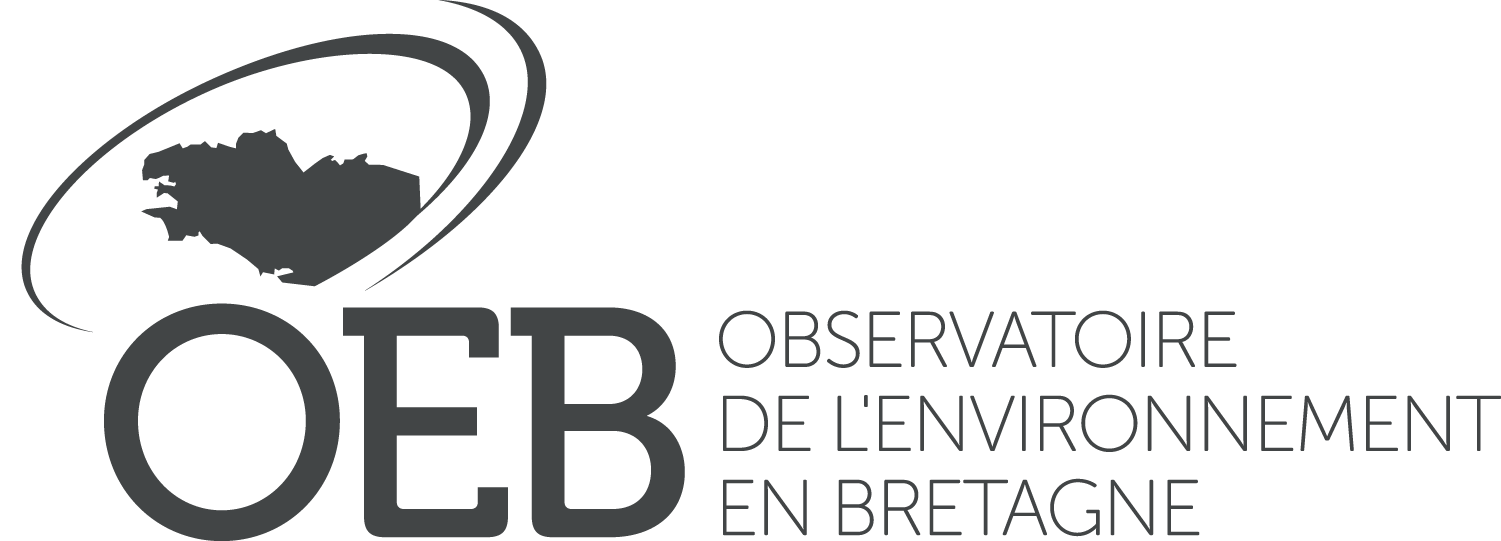The distribution and abundance of the marine invasive sponge Celtodoryx ciocalyptoides is described for the first time along the Etel River, a Natura 2000 site of the French Atlantic coast. This invasive species is now well established along both sides of the Etel River and has colonized about 29.3% of the surface of the rocky reef at a depth of 10-18 m. In the Etel marina, C. ciocalyptoides covers all the pilings with a covering rate estimated to 17.4% between 5 and 9 m deep. The bioaccumulation capacities of this species exposed to metallic and organic pollutants (polycyclic aromatic hydrocarbons, polychlorinated biphenyls, and organotin derivatives) was also measured during a three-year study in the Etel marina. Preliminary results suggest this marine invasive species has the capacities to adapt in few months to its changing environment by sequestering and/or metabolizing those pollutants.
La distribution et l'abondance de l'éponge marine Celtodoryx ciocalyptoides, une espèce invasive, ont été évaluées pour la première fois en Ria d'Etel, une zone Natura 2000 de la façade atlantique française. Cette espèce invasive est maintenant bien établie de part et d'autre de la ria et recouvre, entre 10 et 18 mètres de profondeur, près de 29,3% de la surface des parois rocheuses. Dans le port d'Etel, l'éponge C. ciocalyptoides recouvre tous les pieux avec un taux de recouvrement estimé à 17,4% entre 5 et 9 mètres de profondeur. La capacité de bioaccumulation de cette éponge marine exposée à divers polluants métalliques et organiques (hydrocarbures aromatiques polycycliques, polychlorobiphényles, dérivés de l'étain) a également été mesurée pendant trois ans dans le port d'Etel. Les résultats préliminaires suggèrent que cette espèce invasive est capable de s'adapter à son nouvel environnement en l'espace de quelques mois en stockant et/ou en métabolisant ces divers polluants.
